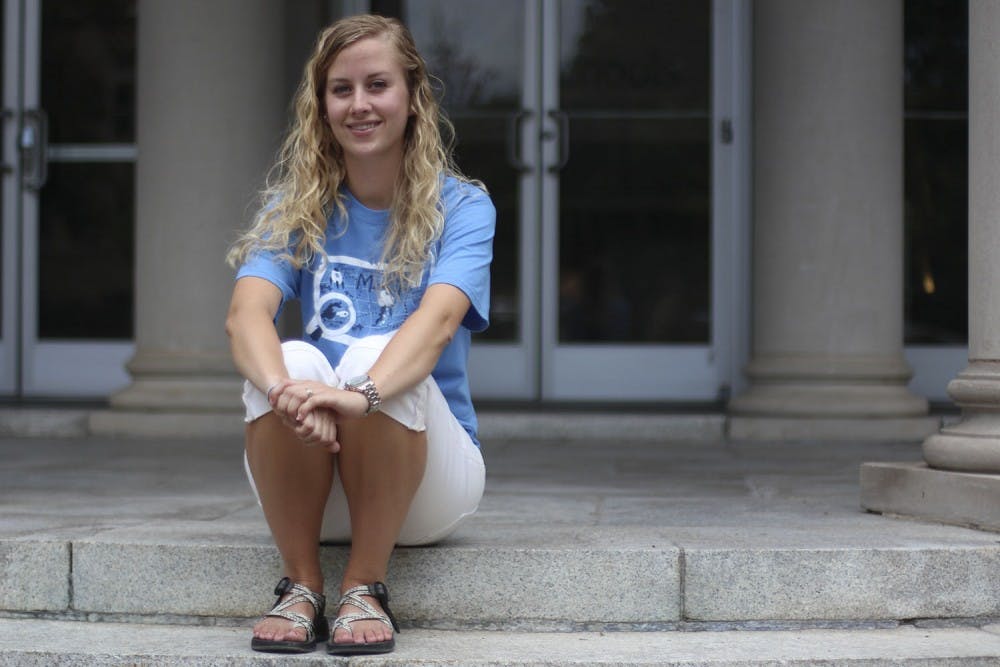The new program signals the end of the four-year bachelor’s degree currently offered at the school.
Instead, all undergraduate students will graduate with a master’s degree, teaching license and more of the classroom experience that administrators, students and alumni say is critical for success.
UNC senior Ashley Shaver, an elementary education major in the School of Education, said she is still learning about the program but thinks it could provide a competitive edge for new graduates.
“If it were offered for my age, if I could go back, I would love to have done it,” she said.
The School of Education’s stand-alone master’s program will remain, along with the education minor for undergraduate students and the UNC-BEST program. The BEST program allows science majors in the College of Arts and Sciences to earn a teaching license alongside their bachelor’s degree.
Though the new five-year program will mean students invest more time and money at the start of their careers, senior Brittanie Howard, a middle grades education major, said the program would save time and money in the long run.
“Most of us who are graduating would probably plan on or even have to go forward and get our master’s degree in education, so to be able to combine it with something we’re already doing — I definitely think that’ll be helpful,” she said.
Dean of the School of Education Bill McDiarmid said the fifth year will give the students time to focus on clinical practice in classrooms.



